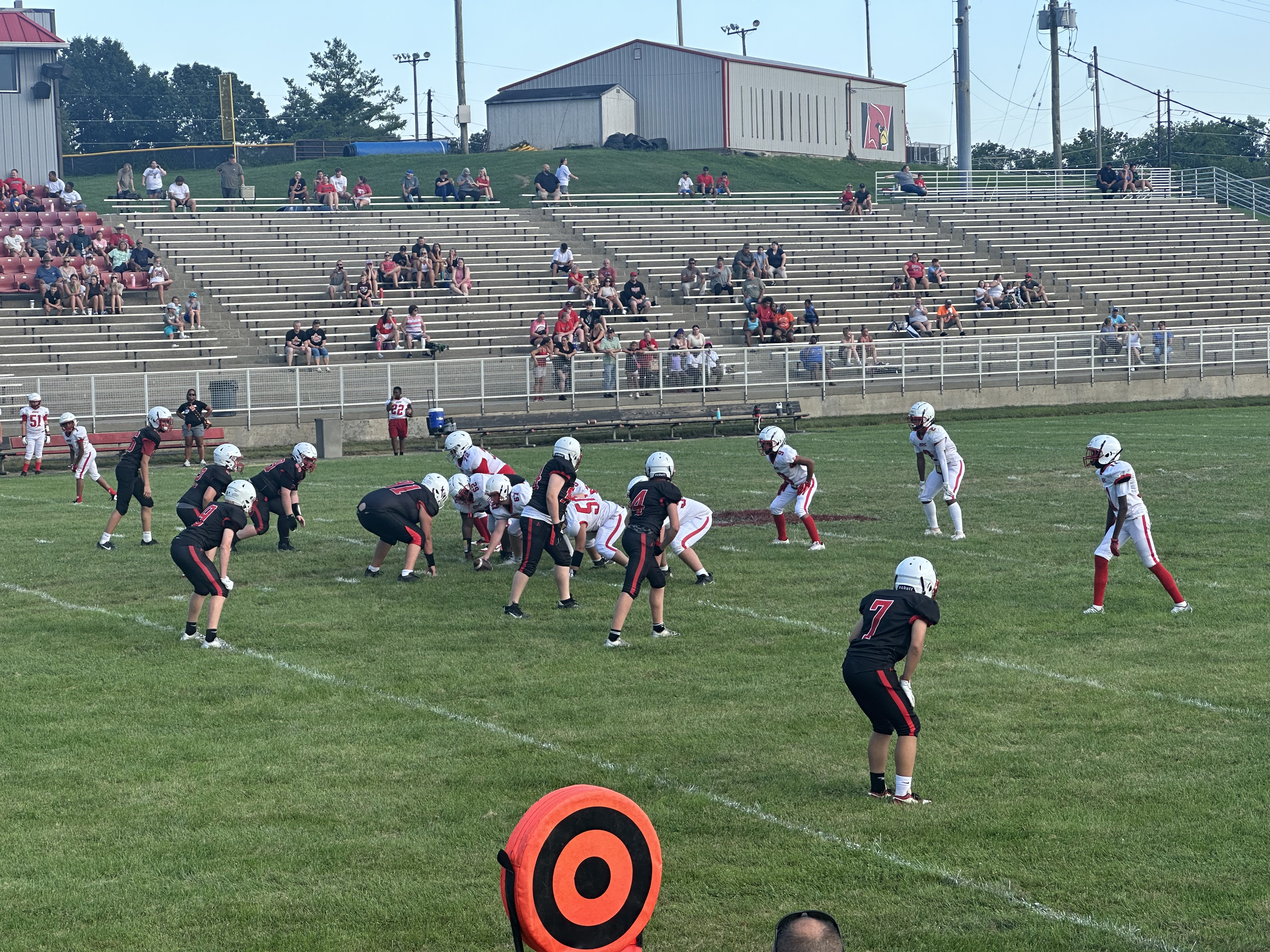Our View: Freedom of Information guarantees transparency
Published 9:19 am Monday, March 18, 2019
Many may not know how newspapers are able to access much of the information we report on each day.
Much of our news comes directly from documents provided to us from local government, the courts, police and more. And while we act as watchdogs, scoping out this information and then disseminating it you, our readers, the truth is anybody can access the same information we can.
That is thanks to the Freedom of Information Act (FOIA), which became a law in 1966 and “generally provides that any person has the right to request access to federal agency records or information except to the extent the records are protected from disclosure by any of nine exemptions contained in the law or by one of three special law enforcement record exclusions,” according to the U.S. Department of State.
Trending
There are only a few exempted categories of information including things like classified national defense or foreign policy information, some personnel records and medical records, among others.
March 16 marks a celebration of the Freedom of Information, to call attention to Sunshine Week, which was recognized and to commemorate the birthday of President James Madison, who is known as the “Father of the Constitution” and as the foremost advocate for openness in government.
The FOIA applies to federal information, but each state has its own version of the act, often known as sunshine laws because they shine a light on government activity, which protects transparency in government at the state and local level. Some states’ sunshine laws allow for more transparency than others.
In Kentucky, there is an open meetings act and an open records act.
According to the National Freedom of Information Coalition, “The Kentucky Open Meetings Act legislates the method by which public meetings are conducted. Meetings are defined as all gatherings of a public agency of every kind, including video teleconferences and casual gatherings.
“The Kentucky Open Records Act is a series of laws designed to guarantee that the public has access to public records of government bodies at all levels. A public record is defined as including, “all books, papers, maps, photographs, cards, tapes, discs, diskettes, recordings, software, or other documentation regardless of physical form or characteristics, which are prepared, owned, used, in the possession of or retained by a public agency.”
Trending
Freedom of Information laws are fundamental to our democracy and are something that should certainly be celebrated and continuously strengthened. Unfortunately, many lawmakers have tried to weaken this in recent years. Thankfully, those effort have been turned back by those who want to ensure government and other agencies act responsibly and above reproach.
FOIA allows us to know how taxpayer money is being spent, how court proceedings are moving along, how police and law enforcement cases develop, how public agencies and local government determine policy and much, much more.
It is more important now than ever that the people be able to hold their government accountable. FOIA ensures that is possible.





